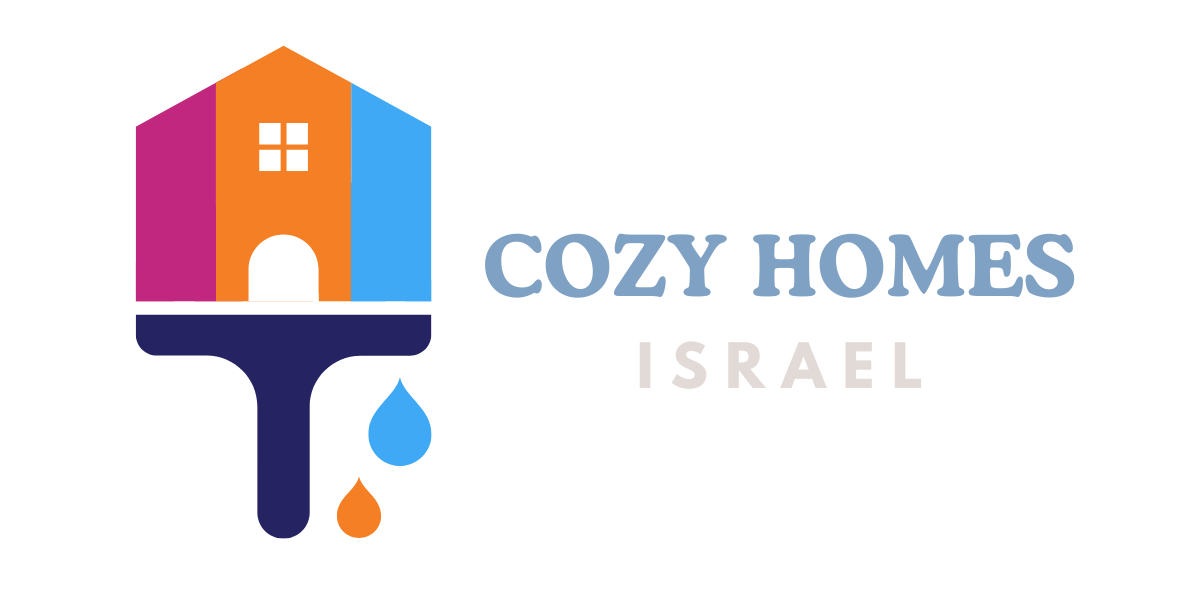

Everything you need to know about paint types, finishes, and applications
Choosing the right type of paint is crucial for achieving the best results in your painting project. Different paints have different properties, applications, and durability levels.
Best for: Interior walls, ceilings, trim
Advantages: Quick drying, low odor, easy cleanup with water, flexible, resistant to cracking
Considerations: Less durable than oil-based paints for high-traffic areas
Best for: Trim, doors, high-moisture areas
Advantages: Durable, stain-resistant, provides smooth finish
Considerations: Longer drying time, stronger odor, requires mineral spirits for cleanup
Best for: Exterior pergolas, decks, fences; interior furniture or paneling
Advantages: Enhances natural wood grain, protects against weathering (exterior) or wear (interior), available in semi-transparent or solid finishes
Considerations: Exterior stains may need reapplication every 1-3 years due to sun and rain exposure; interior stains offer less UV protection but provide a more consistent finish; thorough surface prep is essential for both Interior vs. Exterior: Exterior stains are formulated with UV inhibitors and water repellents for weather resistance, while interior stains focus on aesthetics and light durability, often requiring a topcoat like polyurethane for added protection
Best for: Exterior pergolas, decks, fences; not typically used indoors due to odor
Advantages: Creates a hard, protective topcoat, excellent UV and water resistance, durable against harsh weather, enhances wood’s natural look with a glossy or satin finish
Considerations: Requires careful application to avoid streaks, longer drying time, strong odor during application, may yellow over time; surface must be clean and dry before applying
Best for: Interior furniture, floors, trim (polyurethane); interior cabinets, decorative woodwork (lacquer)
Advantages: Polyurethane offers a durable, scratch-resistant finish with water resistance, ideal for high-wear surfaces; lacquer provides a smooth, glossy finish, dries quickly, and enhances wood’s natural color
Considerations: Polyurethane has a strong odor, requires ventilation, and may amber over time; lacquer is less durable, may crack in humid conditions, and needs careful application to avoid runs
Best for: Exterior surfaces, areas with temperature fluctuations
Advantages: Excellent adhesion, color retention, flexibility, weather resistance
Considerations: More expensive than standard latex paints
Best for: Metal fences, metal doors,railings, outdoor fixtures
Advantages: Rust-resistant, durable against harsh weather, provides a protective coating, long-lasting finish
Considerations: Requires proper priming (especially for rusty surfaces), may need specific application tools, can be more expensive
The finish or sheen of your paint affects both its appearance and functionality. Here's a guide to help you choose the right finish for each area of your home.
| Finish | Sheen Level | Best For | Durability |
|---|---|---|---|
| Flat/Matte | No shine | Ceilings, low-traffic areas, walls with imperfections | Low |
| Eggshell | Slight shine | Living rooms, bedrooms, dining rooms | Medium-Low |
| Satin | Soft shine | Family rooms, hallways, children's bedrooms | Medium |
| Semi-Gloss | Noticeable shine | Kitchens, bathrooms, trim, doors | High |
| Gloss/High-Gloss | Highly reflective | Trim, doors, cabinets, furniture | Very High |
Contact me today to schedule a free consultation and estimate. I am ready to help you create the perfect look for your home.